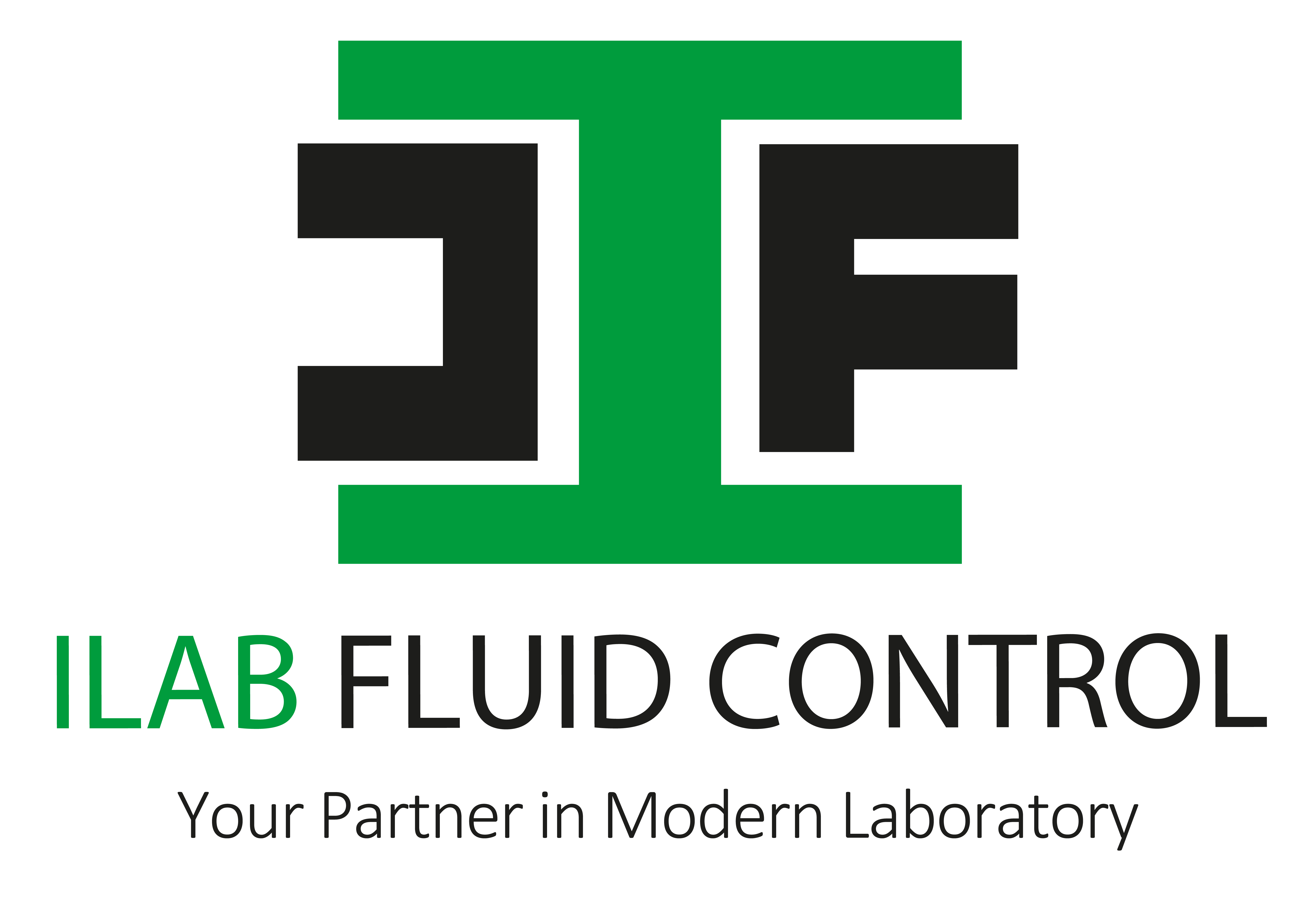
Elevate the standards with quality equipment
for every industry.

Our Product of ILAB FLUID

The use of equipment in the petroleum industry is crucial because this sector is vital in generating the energy required for daily life. Essential applications include oil refining, monitoring oil pressure and temperature, and assessing the quality and properties of products to ensure they meet standards. Thus, the equipment in the petroleum industry plays a pivotal role in producing the energy and products that are integral to everyday life.

Water testing equipment is essential for maintaining water quality across various sectors, including drinking water analysis and assessing the water used in production processes. This equipment is often versatile and efficient, with portable water quality testers that can measure pH, turbidity, and dissolved substances, as well as devices that detect elements like manganese, minerals, and heavy metals. Using these tools is crucial to ensuring that the water we use is safe and of high quality for different applications.

Wastewater treatment and control are vital processes for preserving the environment and preventing pollution that can harm living organisms. Equipment used in wastewater treatment, such as water quality analyzers and BOD and COD measurement devices, plays a critical role in ensuring that wastewater meets regulatory standards. Proper control of these systems is essential to prevent the discharge of hazardous wastewater into the environment.

Pumps and control equipment are essential components across various industries, supporting production capabilities in sectors like water, oil and gas, chemicals, and manufacturing. Additionally, the control of flow rates, substance volumes, temperature, and pressure enhances the efficiency and safety of the production process.

Color and appearance measurement instruments are crucial in various industries, serving a key role in ensuring product quality and consistency throughout the manufacturing process. In industries such as automotive, plastics, and even in the analysis of oil color, these tools are indispensable. Instruments that measure attributes like smoothness and glossiness are vital for quality inspection, helping to produce high-quality products.

Automotive
In the automotive industry, color and appearance measurements are vital for ensuring the quality of vehicles, as these factors significantly impact sales and customer satisfaction. These instruments are used to verify that vehicle colors meet industry standards, assess the consistency of paint application on surfaces, and adjust or customize colors to align with customer preferences.


Plastic
In the plastics industry, colorimeters are essential for ensuring color consistency in products and for meeting both standards and customer requirements. Additionally, measurements of appearance characteristics, such as thickness and hardness, are crucial for quality control, ensuring that plastic products meet the necessary quality and performance specifications.

Oil
In the oil industry, colorimeters are crucial for controlling the quality of both manufactured and imported oils. The color of the oil is significant because it helps users identify the type of oil and ensure proper usage. Colorimeters enable manufacturers to effectively monitor the color of their products, ensuring consistency and accurate color intensity. Additionally, these instruments allow manufacturers to track and improve the color consistency throughout the production process, leading to higher-quality products that meet industry standards.

Using equipment for quality control and monitoring is crucial for maintaining and enhancing the environment for a sustainable future. These devices are released into the environment to minimize the discharge of harmful substances. Consequently, employing such devices is a key aspect of fostering a high-quality and sustainable environment over the long term.

Laboratories or laboratories are important areas for conducting research and experiments in many academic fields such as chemistry, biology, physics, and others. There are many types of equipment in laboratories, such as instruments used for measurement, testing, and various analyses. These instruments play an important role in order to obtain accurate data for further operations. In addition, using standard and quality equipment is also important to prevent accidents and possible losses.

Temperature control is crucial in various settings, especially in industrial applications, where it ensures safety and operational efficiency. Temperature control devices, such as thermostats, temperature sensors, and automatic control systems, play a vital role. These devices enable precise measurement and regulation of temperatures, helping to maintain optimal conditions and ensuring that quality standards are met.

Fiber optic technology uses light to transmit data signals instead of metal cables. This method is highly effective for remote communication and is less susceptible to environmental disturbances. Its ability to create efficient and reliable network systems has made it a popular choice across various industries.

Product Brand


















- Home Home
- About us About us
- Product Product
- Type of use Type of use
- Product Brand Product Brand
- Service Service
- Blog Blog
- Contact us Contact us
- Request quotation Request quotation
- Download Catalog Download Catalog
Type of use
Product Brand
Download Catalog